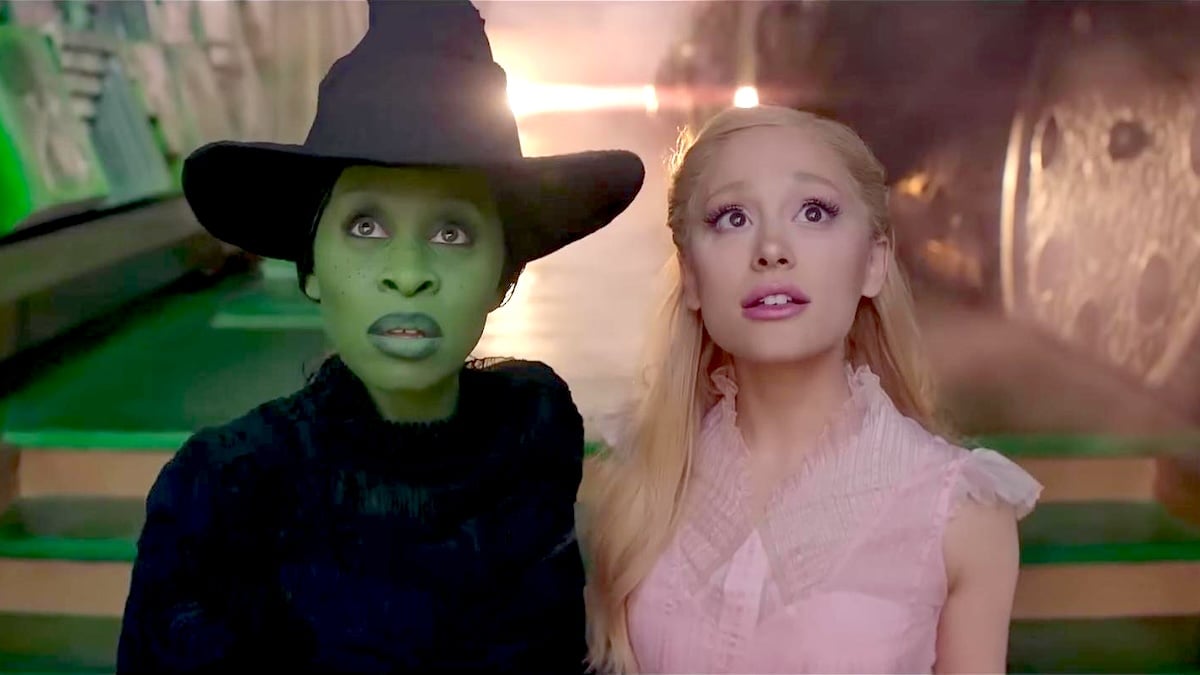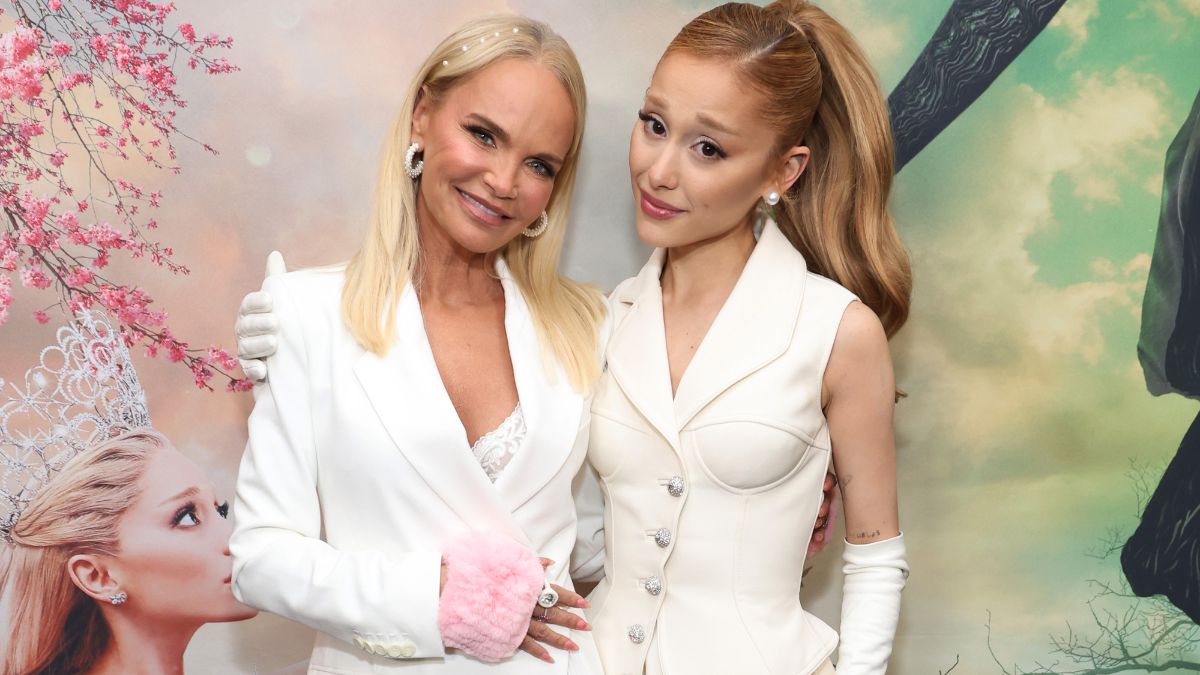
One of the major pleasant surprises at last year’s Toronto International Film Festival, ’71, a gripping and thoughtful drama set in Belfast during The Troubles, hits theatres this Friday. The film stars Unbroken‘s Jack O’Connell as Gary Hook, a British serviceman trapped behind enemy lines during a night of intense sectarian unrest in Northern Ireland.
The film marks the feature film debut for director Yann Demange, who cut his teeth on numerous British television series before making the jump to the big screen. We caught up with Demange (and the film’s star, O’Connell) back at TIFF to talk about his transition from TV to cinema, and what separates ’71 from other war films.
Check it out below, and enjoy!
You had a very successful start on TV, what were you looking for when deciding to do your first feature?
Yann Demange: I had been looking for my first feature for quite some time, I was quite fortunate that my short films and some of my mini-series had caught the attention of producers, like Tessa Ross, who used to work for Film 4. She sat me down a few years ago –well it was about 6 or 7 years ago now- and said “Yann, we want to make your first film.” I started developing stuff with her, I started developing with Working Title. [Additionally] I started something with the BFI’s Lizzie Francke, a big supporter of mine, who I owe so much, and ended up coming in as an exec on the film.
They were sending me stuff I was developing, but nothing was popping. My whole mindset was you probably don’t get a chance to make a second film. You just have to want to feel it in your gut when you make the first one, whatever it is. So I was being uber-fussy, and was working with people who were very kind, very generous and patient with me.
And this came out of nowhere, it’s not something I developed. It just landed in my lap. And I had no desire to do something about Northern Ireland, to be quite honest with you. I thought, after the masterpiece that is Hunger, I thought that subject was done. So it just fell in my lap, but I read it thinking, “I’m probably not going to like this.” But I read it in one sitting, which I never do, and I phoned them up and said, “I’m doing this.”
60% of it hasn’t changed. I had very strong opinions about what I wanted to do with it, for me to do it. So I had to meet the writer of it, Gregory Burke, a wonderful writer, great collaborator who’s become a really good friend. I want to do more with him, if you ever get the chance to meet him that would be fun as well. He did a great play called Black Watch. Anyway, I met him, I met producers, and I pitched them my ideas. “This is how I want to do it, this is what I feel we should say at the end,” and there was no strong-arming, people just said “yeah, I like those ideas.” It was a natural progression. They took it so far, and they were looking for someone else with ideas, and we just connected.
It’s one of those things, out of nowhere – it landed in my lap, and within 20 months, we were showing it in Berlin. It’s kind of crazy. We did at least four drafts in two, three months, he’s a very fast writer. We just kept going, kept working-it-working-it-working-it, and then it became ours. And then I was like, “okay, let’s take it to market,” and it we went to Cannes that year with it, and there was a bidding war, and we were on our way.
So by working it through, did that allow you to add your own voice to the material instead of just shooting someone else’s?
YD: Absolutely. I wouldn’t just show up and shoot someone else’s. Having said that, I wouldn’t look a gift horse in the mouth: if something just turned up, and it’s just ready to shoot, and I can feel there’s space for me, I wouldn’t not do it for the sake of ego. But that’s never happened to me, I doubt it’s going to happen, I need to know that there’s room for me. I’m not a shooter. There’s too much anonymity as is, I want to take meetings on things that might be wonderful screenplays, but not if I can’t see what I bring to it or I can’t see how unique I would make it for me, or the other five people on the list. There’s got to be room for you.
When I read [‘71], I was like, “this is my version.” I can see a version that feels unique, that feels exciting and is making me nervous. This is not a no-brainer, or I’m out of my comfort zone. I knew how I wanted it to look, I was thinking about Carpenter movies, Walter Hill movies. I’m also thinking about Battle of Algiers, and also Army of Shadows, all these things, I’m flooding with references. I want a synth score, but I don’t want it to be electro-cool. I want it to sound a certain way. I know there’s a rule with the resurgence of ‘80s synth scores, analog synths, where they sound, and they’re usually really cool, toe-tapping stuff. Toe-tapping’s the wrong word, but you know what I mean.
You get into a groove, and kinda nod your head.
YD: Yeah, you don’t want that. I wanted there to be a coolness to it, but I wanted it to be cinema. I wanted to transcend social realism, I wanted – as the night turns…it goes to a slightly more mythical place, slightly more impressionistic place. I didn’t want to be tied to a moment. I wanted to use lots of tools from the box, where it didn’t have to be one thing all the way through. That was exciting.





Published: Feb 25, 2015 10:31 am